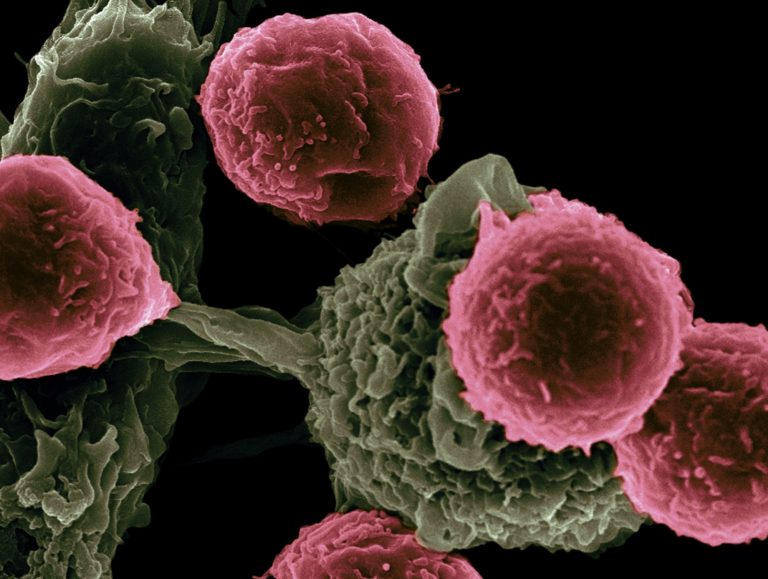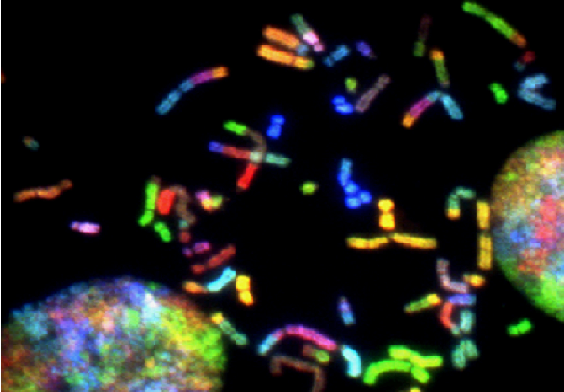March 10, 2022: “Abivax SA, a clinical-stage biotechnology company developing novel therapies that modulate the immune system to treat chronic inflammatory diseases, viral infections, and cancer, reports promising results from its phase 2a maintenance trial in rheumatoid arthritis (RA) after one year of continued daily treatment with 50mg ABX464.
Prof. Paul Emery, M.D., FMedSci, Versus Arthritis Professor of Rheumatology, Director of the Leeds Musculoskeletal Biomedical Research Centre, Leeds Teaching Hospitals Trust, Leeds Institute of Rheumatic and Musculoskeletal Medicine, UK, commented:
“The high levels of maintained response rates within this phase 2a maintenance trial with ABX464 in rheumatoid arthritis patients, especially when it comes to ACR50 and ACR70 responses, look very promising.
The molecule also demonstrated a good safety profile, and no serious infections were observed.
Along with its very different mode of action and clinical profile, ABX464 has the potential to play an important role in the future management of rheumatoid arthritis patients.”
Prof. William Robinson, M.D., Ph.D., Chief of Division of Immunology and Rheumatology, Stanford University, US, added: “Patients suffering from chronic inflammatory diseases, such as RA, often struggle to find a suitable treatment that remains efficacious over time.
These maintenance data are very encouraging and demonstrate a potential long-term efficacy and tolerability of ABX464 for the treatment of RA, even in patients who previously did not respond or stopped responding to available therapies.”
Prof. Hartmut J. Ehrlich, M.D., CEO of Abivax, said: “These results clearly support the continued clinical development of ABX464 for the treatment of RA.
Furthermore, they are consistent with the data generated in our phase 2a and 2b ulcerative colitis trials and suggest that ABX464 has the capacity to address a broad range of chronic inflammatory indications, a disease field with a persistent high medical need and with millions of patients waiting for new, safe drugs with durable efficacy.”
After the 12-week randomized, placebo-controlled ABX464 phase 2a induction study in 60 RA patients, 67% of the patients (40/60) enrolled in the open-label extension maintenance study to receive 50mg ABX464 orally once a day for an additional 52 weeks.
58% of the patients (23/40) suffering from moderate to severe active RA completed 52 weeks of chronic treatment with ABX464.
Efficacy of 50mg once daily ABX464 was assessed by the DAS28-CRP remission (DAS28-CRP < 2.62) and the ACR20/50/70 rates:
| At week 52* | Full analysis set (n=40) (non-responder imputation) | Observed cases (n=23) |
| Remission As per DAS28-CRP < 2.6 | 13 (33%) | 13 (57%) |
| Low Disease Activity As per DAS28-CRP < 3.2 | 17 (43%) | 17 (74%) |
| ACR20 | 23 (58%) | 23 (100%) |
| ACR50 | 19 (48%) | 19 (83%) |
| ACR70 | 12 (30%) | 12 (52%) |
* Results based on a soft lock database review
57% of the patients (13/23) were in remission at week 52, assessed by the DAS28-CRP (< 2.6), corresponding to 33% (13/40) using the full analysis set (FAS).
All 23 patients (100%) who completed 52 weeks of treatment achieved at least an ACR20 response, which translates into 58% (23/40) in the FAS.
It is remarkable, that according to the observed cases population, 83% (19/23) and 52% (12/23) achieved even an ACR50 and ACR70 response respectively, corresponding to 48% (19/40) and 30% (12/40) according to the FAS.
17 patients discontinued the study during the first year of maintenance treatment due to either mild to moderate adverse events or worsening RA.
ABX464 was safe and the nature of the adverse events is consistent with what has been observed in more than 1,000 subjects who have so far been treated in other clinical trials with ABX464 across different indications.
At present, some UC patients have been continuously treated for four years.
ABX464 phase 2a induction and maintenance studies in rheumatoid arthritis
The placebo-controlled clinical phase 2a study was designed to evaluate the safety, tolerability and preliminary efficacy of two oral dose-levels of ABX464 administered once daily (50mg or 100mg), in combination with methotrexate (MTX).
60 patients who had an inadequate response to MTX and/or to one or more anti-tumor necrosis factor alpha (TNFα) biological therapeutics participated in this randomized and double-blind trial.
The study was conducted in 21 study centers across four European countries (France, Belgium, Poland and Hungary).
After the end of the 12-week induction study, 40 patients continued their treatment in the maintenance study with a once-daily oral dosing of 50mg ABX464.
In June 2021, Abivax communicated the results of the induction phase of its phase 2a clinical study of ABX464 administered in combination with methotrexate (MTX) for the treatment of active moderate to severe RA.
The primary endpoint of this study, safety and tolerability, was met with 50mg ABX464 once daily, demonstrating a good safety and tolerability profile in the overall patient population during the 12-week induction phase.
Epidemiology and market size in rheumatoid arthritis
In 2021, there were an estimated 3.8M diagnosed cases of rheumatoid arthritis in G7 countries (US, France, Germany, Italy, Spain, UK and Japan).
The total market size in RA is currently USD 22.3B annually, based on 2021 pharmaceutical sales estimates for rheumatoid arthritis in these countries.”
https://www.abivax.com/press-releases/










